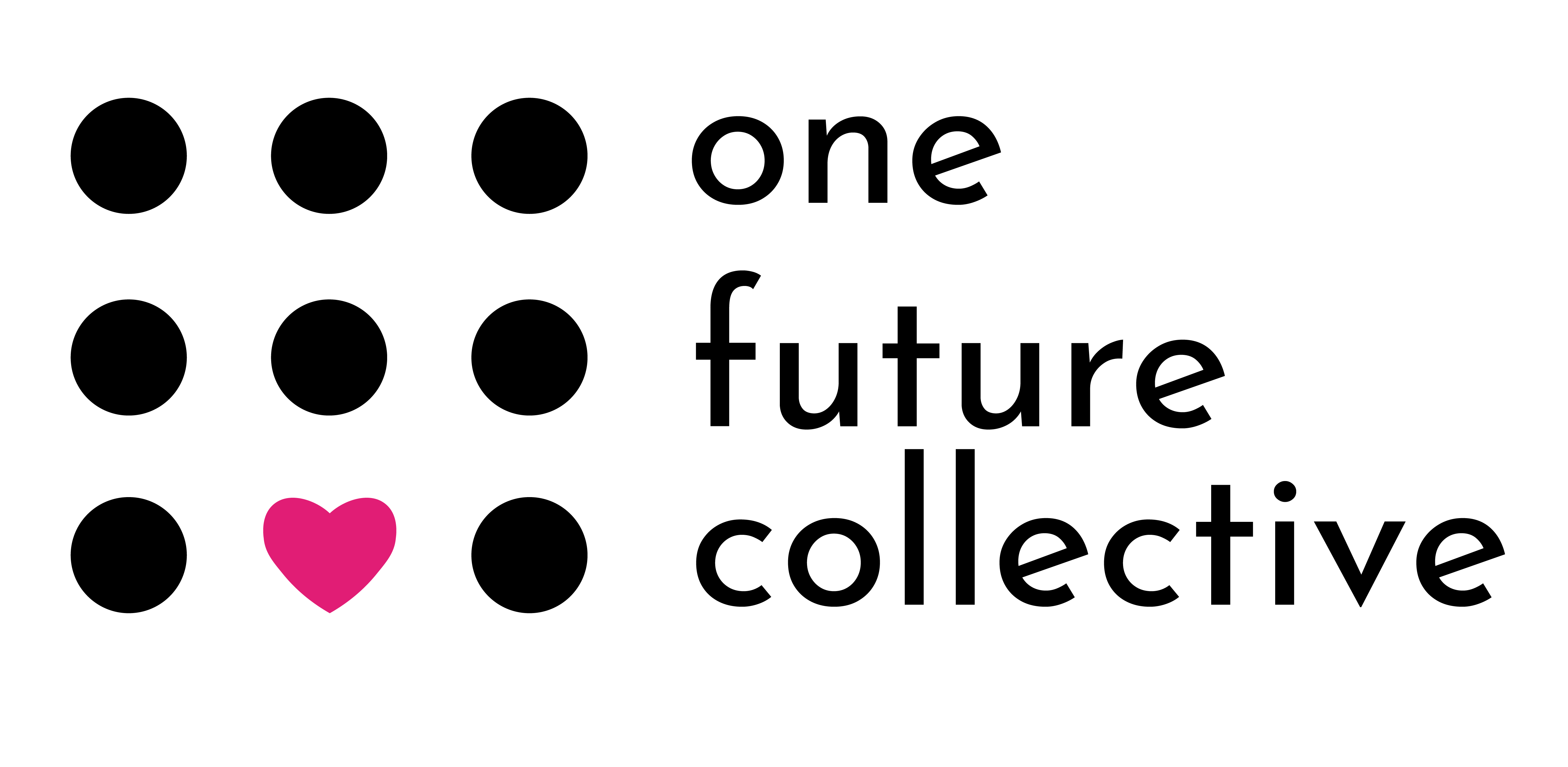Report | Youth Social Leadership Training Program Nawalgarh
Belabai M. Morarka Vidya Mandir, Nawalgarh, Rajasthan
10th to 20th July, 2019
The youth social leadership training program is an initiative by One Future Collective (OFC) to bridge the personal social leadership and knowledge gap amongst young Indians on issues that they care about. This program was carried out at Belabai M. Morarka Vidya Mandir Nawalgarh (Rajasthan) from 10th to 20th July, 2019, with a focus on three areas of intervention:
- Learning: classroom style participatory workshops;
- Mentoring: from young OFC team members for personal and professional development;
- Social Impact Project: execution of a micro social impact project by the students in competing teams, assisted by the OFC team.
Along with a general focus on building leadership skills amongst students, there was a key focus on developing values of empathy and compassion and building specific skills: public speaking, writing, ideation, project management and execution, in the chosen areas of gender justice and sustainability.
Objectives of the program:
- Ensure young people have the skills and knowledge to take action on issues that they care about;
- Bring about personal leadership transformation;
- Ensure active learning through implementation of a social impact project.
Our team, led by Vandita Morarka, Jerin Jacob, and Prerna Laddha, executed this project with 35 students of grades 9th and 11th.
We started working with the students with a focus on developing their personal sense of leadership and understanding their personal value system and the issues that they care about. The program was focused around the thematic areas that the students expressed concern about, along with underlying threads of leadership development, skill building and values development.
Our sessions focused on gender justice, mental health, legal rights, sustainability, political participation and civic issues, cybersecurity, amongst others. Additionally, the students worked parallelly on social impact projects in four groups. The projects looked at sustainability, pollution, harmful uses of cell phone devices, and education of the girl child.

An ottoman made from plastic and other waste material and a dustbin made from a plastic bottle (left to right)
FEEDBACK FROM FACILITATORS
The students showed a marked increase in confidence, public speaking and writing skills, a belief in their ability to take on social challenges and bring about change. They showed an impressive diversity in their innovation ability and came up with unique solutions and ideas, not just in the course of their projects but in everyday conversations and assignments.
The presentations by the four groups looked at topics of pollution, plastic recycling, girl child education, and the harmful use of cell phones. Students used an innovative mix of original plays, original songs, poster presentations, speeches, and product development to highlight their learning and how they could take the learning to a wider audience. The growth in students was immense and their true potential showed through during these presentations, teams worked very well together and each student participated actively.




Groups working on girl child education, harmful effects of cell phones, plastic recycling, and addressing pollution (top to bottom)
FEEDBACK FROM STUDENTS
We assessed feedback from students by way of daily feedback circles and final anonymous evaluations. Students were asked the following questions, their aggregated answers are provided alongside:
1. Did you learn something new and useful from the course?
Self reported average rating of the class was 8.97, on a scale of 1 to 10, with 1 being not at all and 10 being a lot.
2. Did this course help increase your confidence in yourself?
Self reported average rating of the class was 9.17, on a scale of 1 to 10, with 1 being not at all and 10 being a lot.
3. Did the course help you understand how you can bring change around you?
Self reported average rating of the class was 8.79 on a scale of 1 to 10, with 1 being not at all and 10 being a lot.
4. Will you raise your voice and act on any injustice happening around you?
Self reported average willingness of the class to raise their voice on issues of injustice happening around them was 8.26, on a scale of 1 to 10, with 1 being not at all and 10 being always.

The group working on addressing pollution won the best social impact project. They prepared posters, a play, an original song and a video.
The final evaluation looked at how much more the students were willing to take on leadership roles and act to create change around them, after the course completion, than before. Additionally, the students shared how the course had helped them develop their writing and speaking skills and understand how they could be change agents in their communities. The project was found to be an innovative assessment tool to see the students learning in practice by the students themselves too.
By Vandita Morarka
Mapping and negotiating power
Uncuff India Episode 10: Dimensions of conflict and peace: visioning a utopian world
Uncuff India Episode 9: Civic space and dissent: A pathway to social justice
